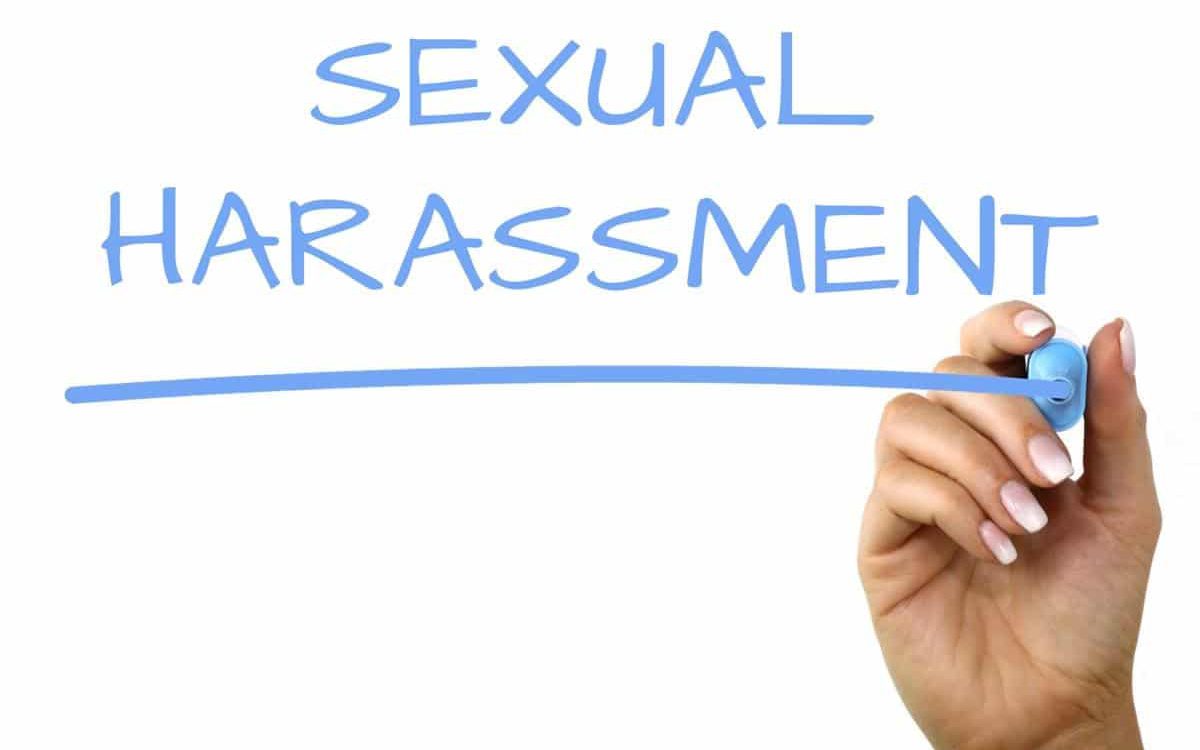On April 30, 2020, the Illinois Department of Human Rights (IDHR) released its model sexual harassment prevention training. The model training provides the minimum training standards that employers must provide to their employees. Under the Illinois Human Rights Act (IHRA), Illinois employers must train employees on sexual harassment prevention by December 31, 2020, and at least once each year starting in 2021.
Minimum Sexual Harassment Program Requirements
A mandatory sexual harassment prevention training requires the following, at a minimum:
- A definition of sexual harassment: The IHRA notes that sexual harassment means any unwelcome sexual advances, requests for sexual favors, or any conduct of a sexual nature when:
- Submission to such conduct is made either explicitly or implicitly a term or condition of an individual’s employment (, quid pro quo, or “this for that”)
- submission to or rejection of such conduct by an individual is used as the basis for employment decisions affecting such individual; or
- such conduct has the purpose or effect of substantially interfering with an individual’s work performance or creating an intimidating, hostile or offensive working environment. This definition further prohibits harassment based upon an individual’s actual or perceived gender identity or sexual orientation.
- Examples of unlawful conduct: It may include, pressure for sexual favors or to go out on a date, deliberate touching, leaning over, or cornering another person. Examples of unlawful harassment may also extend beyond the physical workspace and into the online arena on social media and other online platforms.
- A summary of relevant federal and state statutes, including remedies available: Reporting options for employees, which may constitute notifying the employer, the IDHR, the Equal Employment Opportunity Commission (EEOC), or the newly created Illinois Sexual Harassment and Discrimination Helpline. In this regard, the IDHR’s model anti-harassment training program also explains the potential positive outcomes for prevailing in a harassment claim against an employer (e., lost wages, emotional distress damages, attorneys’ fees, etc.).
- A summary of employer responsibilities for preventing, investigating, and correcting sexual harassment: The IDHR model anti-harassment training explains the difference in employer obligations between:
- harassment by a supervisor
- harassment by coworkers and nonemployees (, vendors, customers, etc.).
In Illinois, employers may be automatically liable for harassment by supervisors, even if the company’s executive management was not aware of the alleged conduct. For harassment by coworkers and nonemployees, employers are generally liable if they were aware of the alleged conduct and failed to act appropriately under the circumstances.
Restaurant, Bar Industries
An amendment to the IHRA directs the IDHR to create a supplemental model training program for sexual harassment prevention specifically for the restaurant and bar industries.
The supplemental training for restaurant and bar employees must be in English and Spanish. While not required by the IHRA for other employers, employers should consider providing training in Spanish and other languages spoken in the workplace.
Recordkeeping
Even though the IDHR does not require employers to certify their compliance with sexual harassment prevention training requirements, employers should strongly consider maintaining a record of training for submission to the IDHR upon request.
Violations
If an employer fails to comply with training obligations, the IDHR can issue a notice to show cause giving the employer thirty (30) days to comply. If the employer fails to comply within thirty (30) days, or by a later date set by the IDHR, the Illinois Human Rights Commission is authorized to assess civil penalties based on the employer’s size and history of offenses.
- Employers with four (4) employees or less:
- $500 first offense
- $1000 second offense
- $3000 for the third or more offenses
- Employers with four (4) or more employees:
- $1000 first offense
- $3000 second offense
- $5000 for the third or more offenses
